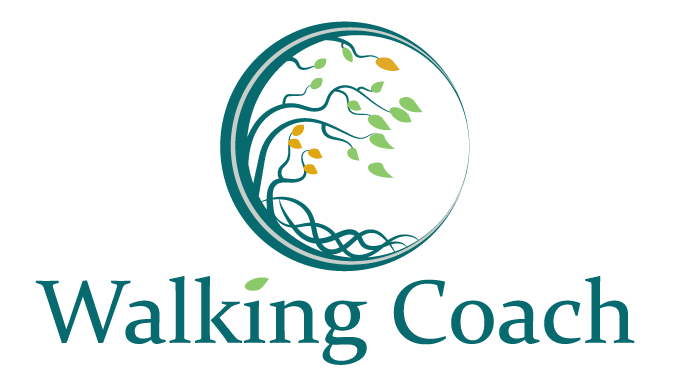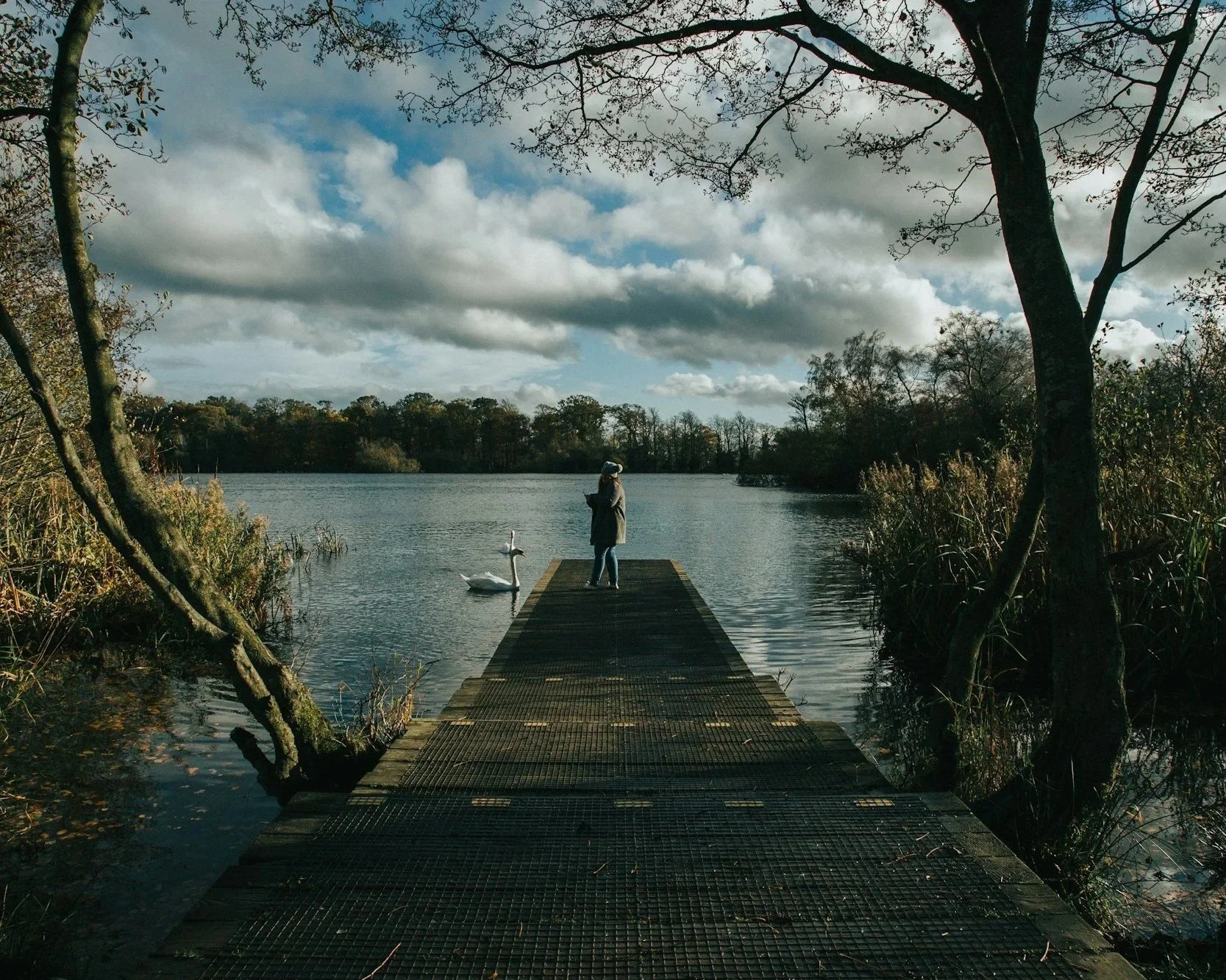Why Solo Walking Coaching Unlocks Deeper Self-Discovery
Originally published in 2020, this article has been updated and refreshed for 2025 to reflect current insights on leadership, personal development, and the evolving role of nature-based practices in our rapidly changing world.
Walking with others has its place, but when it comes to personal development and coaching, going solo offers something uniquely powerful. While many assume walking coaching happens in groups, I've found that the most profound breakthroughs occur when clients walk alone—with the coaching conversation happening before or after their journey.
Here's why solo walking creates the ideal conditions for meaningful change and self-discovery.
Your Walk, Your Authentic Rhythm
Group walks inevitably involve compromise. Someone sets the pace, chooses the route, or dominates the conversation. You find yourself adapting to others rather than tuning into yourself.
Solo walking eliminates these external pressures entirely. You can pause whenever something captures your attention, take the detour that calls to you, or sit quietly when you need to process a difficult realisation. This freedom to move at your own rhythm—both physically and emotionally—creates space for authentic insights to emerge.
In coaching, this translates to clients discovering their genuine preferences, values, and decision-making patterns without the influence of groupthink or social expectations.
Mental Clarity Through Solitude
Our minds are constantly processing input from others—conversations, social cues, expectations, judgments. This mental noise can drown out our inner voice, making it difficult to access our own wisdom and creativity.
Solo walking in nature provides what psychologists call "soft fascination"—gentle stimulation that occupies the mind just enough to quiet mental chatter without overwhelming it. This creates optimal conditions for:
Processing complex emotions or decisions
Gaining perspective on challenging situations
Accessing creative solutions that seemed elusive
Connecting with your deeper values and priorities
Many clients find that insights which eluded them for months suddenly become crystal clear during or after a solo walk.
Building Genuine Self-Reliance
There's something empowering about successfully navigating a walk entirely on your own terms. Whether it's finding your way on an unfamiliar trail, pushing through a challenging section, or simply enjoying your own company for an extended period, solo walking builds quiet confidence.
This isn't about proving anything to others—it's about proving something to yourself. That you can trust your instincts, handle uncertainty, and find contentment in your own presence. These qualities directly support personal growth and resilience in all areas of life.
Heightened Awareness and Intuition
Without social distractions, your attention naturally expands. You begin noticing subtle changes in weather, wildlife behaviour, or landscape details that you'd miss in conversation. This heightened external awareness often corresponds with improved internal awareness—better recognition of your emotions, patterns, and intuitive responses.
Clients frequently report that regular solo walking sharpens their ability to read situations, trust their gut feelings, and make decisions with greater confidence.
Unexpected Connections
Paradoxically, walking alone often leads to more meaningful encounters with others. When you're not absorbed in your own conversation, you become more approachable and present for chance meetings. A brief chat with a fellow walker or local resident can provide exactly the perspective or encouragement you didn't know you needed.
These serendipitous connections feel more authentic because they arise naturally rather than being forced through structured group activities.
How This Applies to Walking Coaching
When I work with clients, we typically begin with a conversation to identify what they're grappling with, then I design a solo walking experience tailored to their needs. This might involve:
Specific routes that match their emotional or physical goals
Reflection questions to consider during the walk
Mindfulness techniques to practice along the way
Safety planning and practical preparation
We reconvene afterwards, in-person or remotely, to process insights, explore new perspectives, and plan next steps. This approach combines the structured support of professional coaching with the organic wisdom that emerges through solo exploration in nature.
Learn more about how walking coaching works or explore my background and approach.
Getting Started Safely
If solo walking feels intimidating, start small. A 20-minute walk in a familiar local area can be just as valuable as a day-long mountain adventure. The key is creating uninterrupted time for mindfulness and self-reflection.
Essential safety considerations:
Tell someone your planned route and return time
Carry emergency supplies appropriate for your walk duration and location
Stay within your current fitness and navigation abilities
Trust your instincts about weather and conditions
Ready to Explore What Solo Walking Can Unlock for You?
Whether you're facing a major life decision, feeling stuck in patterns that no longer serve you, or simply seeking a deeper connection with yourself, solo walking coaching might offer the breakthrough you're looking for.
The combination of movement, nature, and professional guidance creates uniquely fertile ground for insight and transformation—something that's simply not possible in a traditional office setting or group environment.
Ready to discover what walking coaching could unlock for you? Get in touch to discuss how we might work together.

